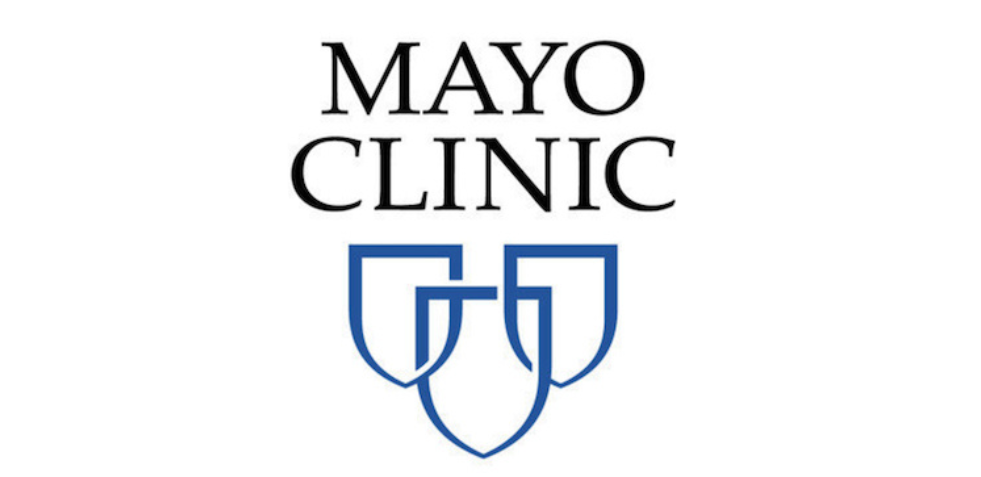December 3, 2024- Mayo Clinic’s Center for Individualized Medicine has achieved a significant milestone with its Tapestry study, generating the clinic’s largest-ever collection of exome data, which include genes that code for proteins — key to understanding health and disease.
Led by Konstantinos Lazaridis, M.D., the study analyzed DNA from over 100,000 participants from diverse backgrounds, providing important insights into certain genetic predispositions to support personalized and proactive medical guidance.
The findings, published in Mayo Clinic Proceedings, focused on pathogenic (disease-causing) and likely pathogenic genetic variants linked to three specific conditions: hereditary breast and ovarian cancer syndrome, Lynch syndrome and familial hypercholesterolemia. Findings revealed that 1.9% of participants — nearly 2,000 people — carried at least one genetic variant that could increase their risk for these diseases. Notably, about 65% of those with a detected variant had no known prior personal or family history of the conditions.
For many participants found to carry a genetic variant, the information has been life changing. Some have taken proactive steps, such as undergoing early screenings or preventive surgeries, which in some cases led to early cancer detection or reduced their risk of heart disease.
